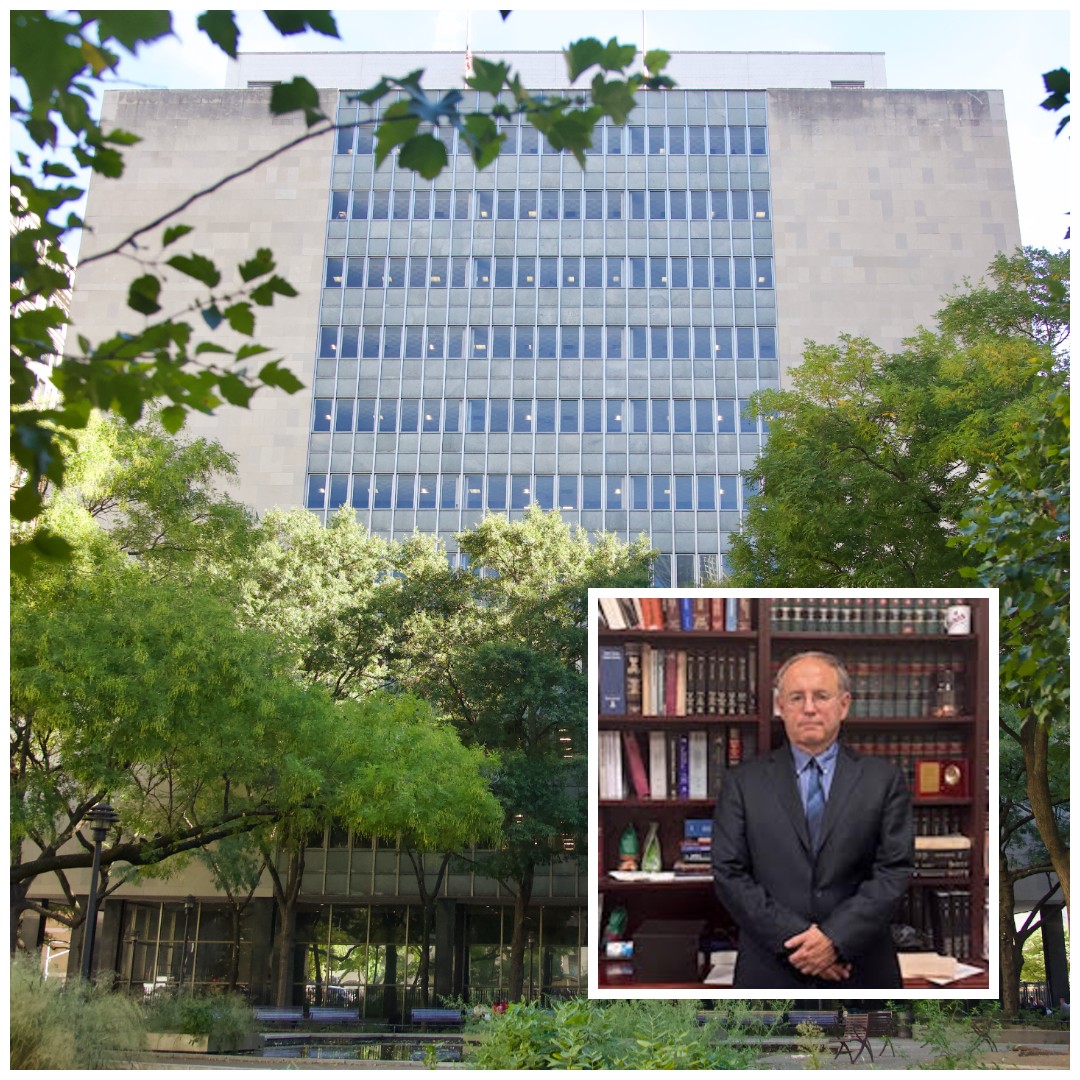Top Stories
Judge Calls New York Sex Offender Registry “Absurd” in Ruling

UPDATE: In a shocking legal ruling, Acting Manhattan Supreme Court Judge Daniel Conviser has labeled New York’s sex offender registry system as “absurd.” This urgent decision comes as Royce Corley, a resident of Delaware, faces mandatory annual check-ins with New York authorities despite his relocation.
Judge Conviser highlighted the irrationality of forcing out-of-state offenders to return to New York for registration, stating that it contradicts the intent of the Sex Offender Registration Act (SORA). He emphasized that such requirements could lead to “absurd results” and should prompt immediate legislative review.
In his ruling, Conviser revealed that New York has informally eased the enforcement of SORA for out-of-state residents, a process he criticized as “SORA Lite.” This loophole effectively means that many offenders like Corley, who have relocated, are not actively monitored, raising significant public safety concerns.
The judge expressed frustration with existing legal precedents that force out-of-state offenders to comply with registration obligations. He noted that a prior one-sentence ruling from the Appellate Division, First Department, fails to address the complexities of modern residency and public safety.
For context, SORA was enacted in 2002 to enhance community protection from sex offenders. However, Conviser pointed out that the law has become increasingly outdated, especially after the federal standards were updated in 2008. He argued that the original purpose of SORA—to protect New Yorkers from local threats—becomes meaningless when applied to individuals who no longer reside in the state.
Conviser’s ruling arrives amid growing calls for reform in the management of sex offender registries nationwide. Many advocates argue that outdated policies place unnecessary burdens on individuals and do little to enhance community safety. The judge’s decision is a direct challenge to these practices and could set a precedent for future cases.
As the situation develops, Conviser must now proceed with a SORA risk assessment for Corley, who has a history of serious offenses, including sex trafficking of three minors and possession of child pornography. “If Mr. Corley does not come to New York… he would be under no risk to commit a contact sexual offense here,” Conviser wrote, urging a reevaluation of how such laws are enforced.
The state’s Division of Criminal Justice Services maintains that SORA continues to apply to individuals who relocate. They send annual address verification forms and coordinate with local law enforcement to track offenders. However, this statement has done little to quell concerns about the efficacy and fairness of the current system.
This landmark case raises vital questions about the balance between public safety and the rights of individuals who have served their sentences. As the implications of Judge Conviser’s ruling unfold, stakeholders across New York and beyond will be watching closely.
Stay tuned for further updates on this developing story as it could reshape the legal landscape for sex offender registries in New York and potentially across the nation.
-

 Science3 weeks ago
Science3 weeks agoOhio State Study Uncovers Brain Connectivity and Function Links
-

 Politics3 weeks ago
Politics3 weeks agoHamas Chief Stresses Disarmament Tied to Occupation’s End
-

 Entertainment3 weeks ago
Entertainment3 weeks agoMegan Thee Stallion Exposes Alleged Online Attack by Bots
-

 Science4 weeks ago
Science4 weeks agoResearchers Challenge 200-Year-Old Physics Principle with Atomic Engines
-

 Entertainment3 weeks ago
Entertainment3 weeks agoPaloma Elsesser Shines at LA Event with Iconic Slicked-Back Bun
-

 World2 weeks ago
World2 weeks agoFDA Unveils Plan to Cut Drug Prices and Boost Biosimilars
-

 Top Stories3 weeks ago
Top Stories3 weeks agoFederal Agents Detain Driver in Addison; Protests Erupt Immediately
-

 Business2 weeks ago
Business2 weeks agoMotley Fool Wealth Management Reduces Medtronic Holdings by 14.7%
-

 Entertainment2 weeks ago
Entertainment2 weeks agoBeloved Artist and Community Leader Gloria Rosencrants Passes Away
-

 Business3 weeks ago
Business3 weeks agoHome Depot Slashes Prices on Halloween Favorites Up to 75%
-

 Top Stories3 weeks ago
Top Stories3 weeks agoOrioles Hire Craig Albernaz as New Manager Amid Rebuild
-

 Business2 weeks ago
Business2 weeks agoShutdown Impacts Millions as Deadline Approaches, Pressures Congress









